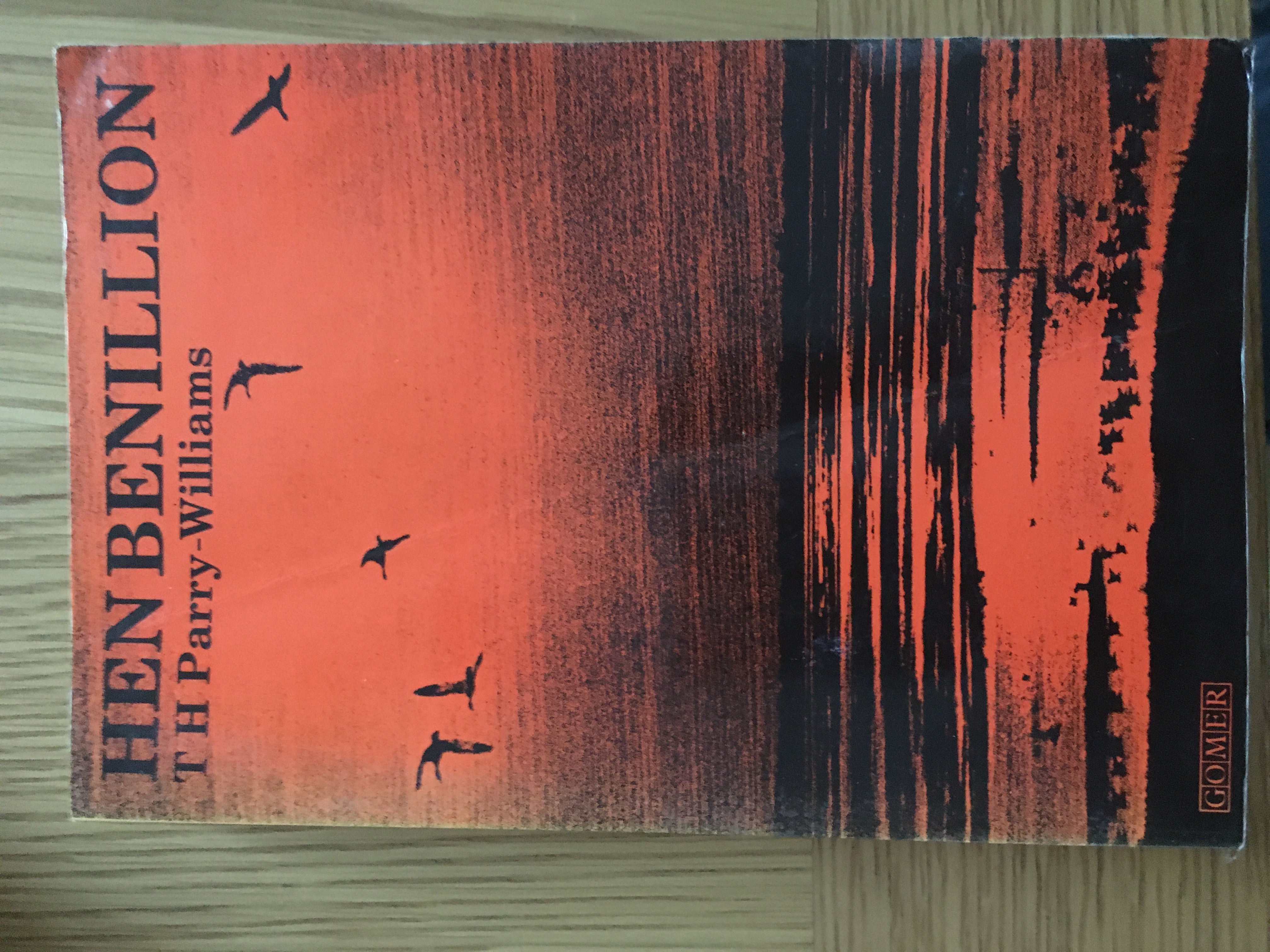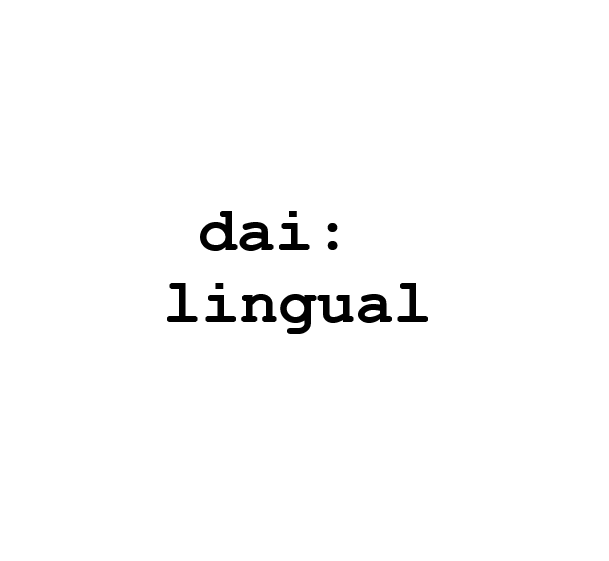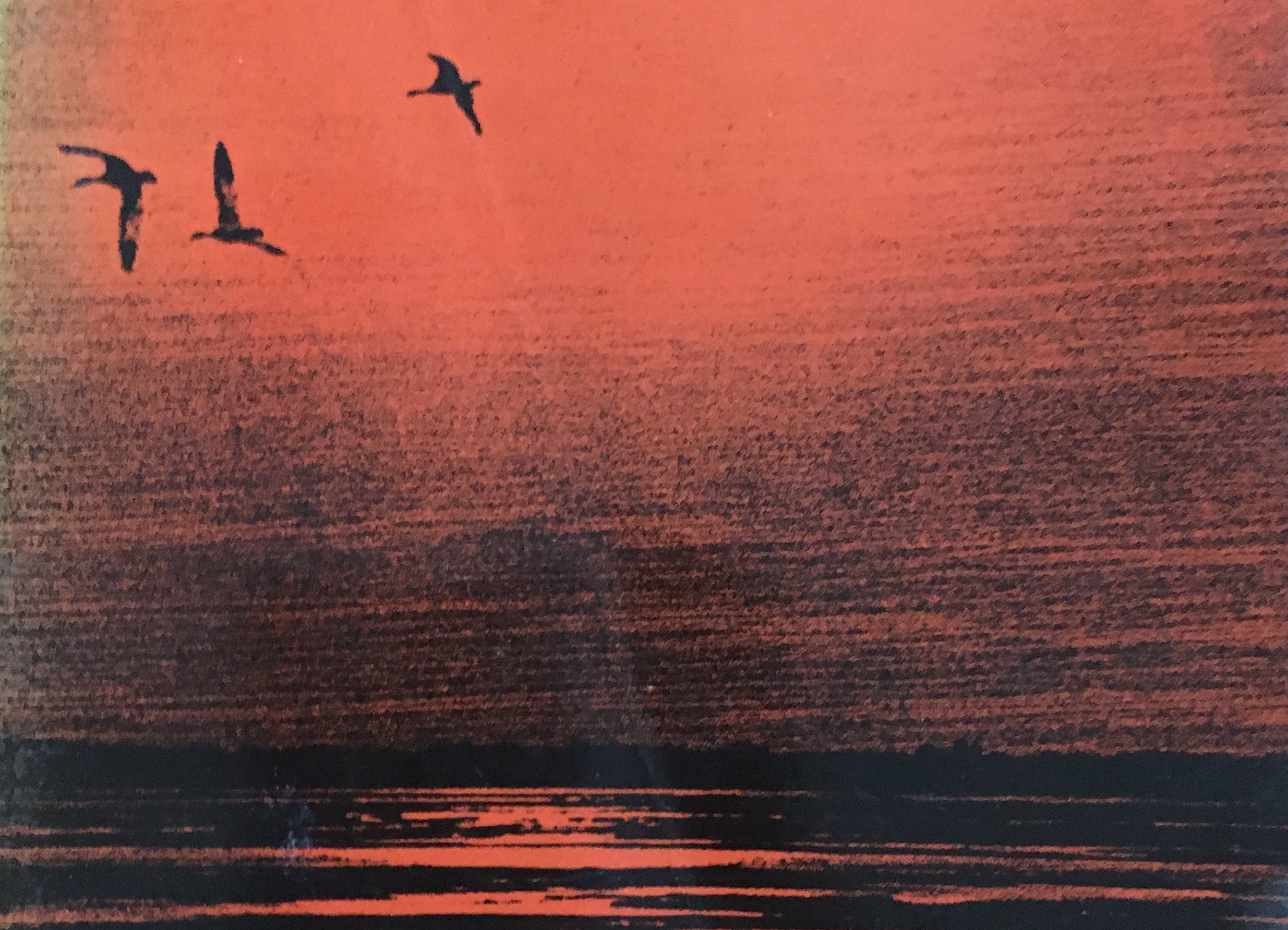Welsh is recognised as being one of the oldest languages in Europe, its lineage can be traced back to pre-Christian times. Despite being in close proximity to England (and since 1066 AD, the formation of the English language) it has remained relatively unchanged and unabashed. Where better to look, then, for some ancient wisdom?

Nid da yw rhy o dim mewn unmodd, Meddai doethion yr hen oeso’dd.“
No good too timid or too cowardly,
It will not do to be too brave or hearty;
It’s no good to be too set on one way
So say the wise of an ancient day
Ancient Welsh wisdom [my translation]
The scholar and poet T.H. Parry Williams gathered together some of the most well-known ancient Welsh sayings in a collection first published by Gomer in 1940 called Hen Benillion (“Old Verses”). This is an awe-inspiring treasure trove of verse passed down through the pre-televisual entertainment of campfire-style storytelling from the Welsh tradition of ‘Y Cyfarwydd‘ (literally, The Director!). During the times when kinsmen gathered together for safety after dark, this was the occasion for stories that sustained their bravery, and for poetry to propagate their Celtic wisdom. Both these features can still be seen in the modern Arthurian legends of Camelot and latterly in the Celtic roots – and scenery – of Game of Thrones.
Celtic tribesmen’s lives were filled with threats known and unknown, and yet they kept their wits about them to keep their kin – and their language – alive until the present day. As we are now entering a time where we feel like our idea of civilisation is under threat, it’s surely a good time to look back to see how our forefathers coped in order for us to succeed in our joint future.
The verse selected above strongly suggests that it’s no use being brave to the point of brashness, or so scared that we’re unable to function. We must find a Middle Path and follow it to wherever it leads.
T.H. Parry Williams was the first student ever to gain a First Class Degree in Welsh Language & Literature, went on to study in Oxford University and despite local condemnation for not fighting in the First World War as a pacifist, went on to become a Professor in Welsh Language & Literature in University College of Wales Aberystwyth in 1920.
His poetry railed against the apparent pointlessness of life, finding salvation in being present in the land and nature, and as part of a nation of people united against the elements.
Stay safe, and have a good week.


